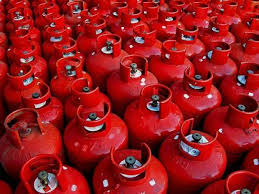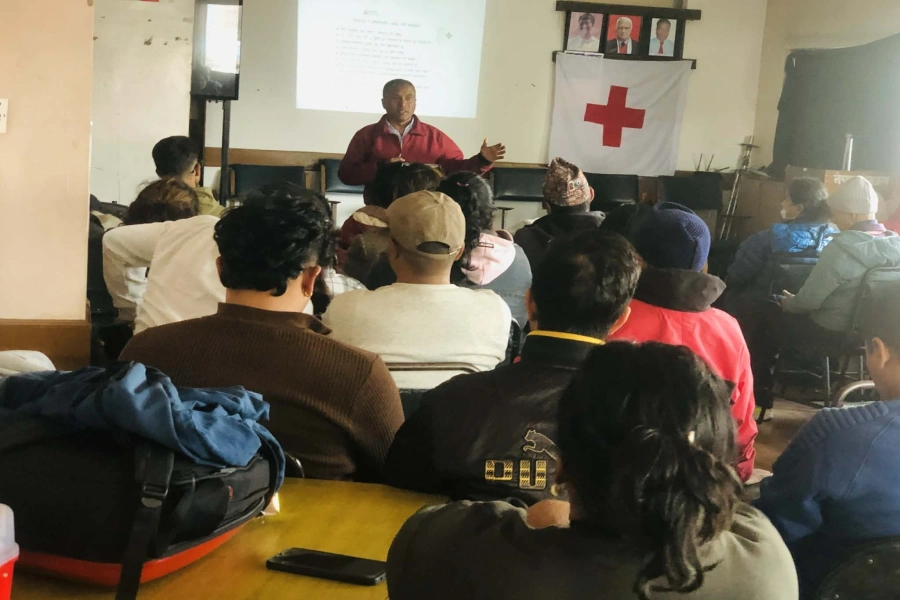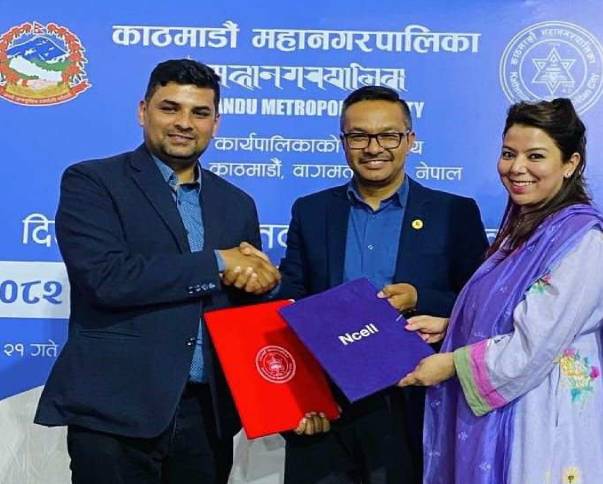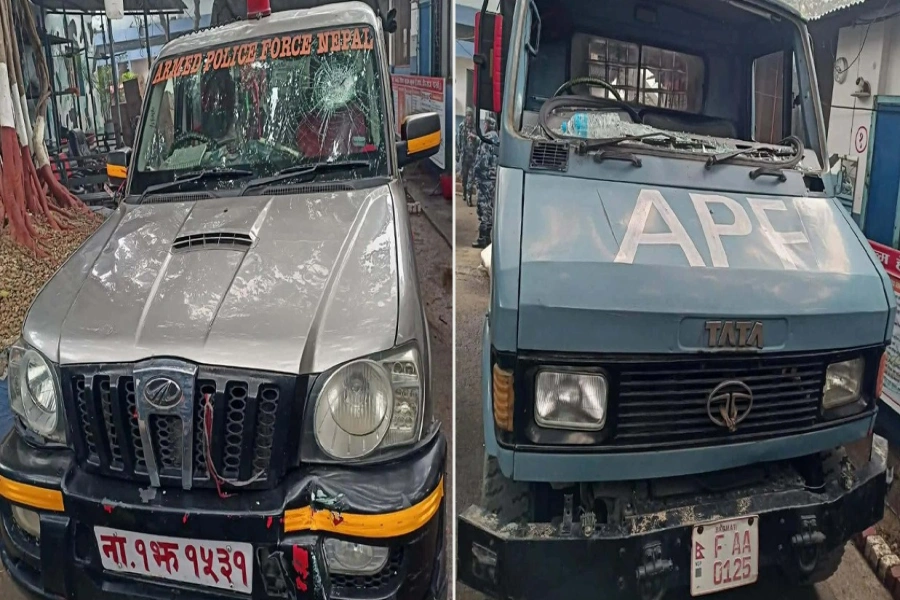In a recent interactive session on 'Policy Discourse: Skill Development' organized by the Confederation of Nepalese Industries (CNI), key stakeholders voiced their deep-seated concerns regarding the acute shortage of skilled labor in Nepal's industrial sector. The primary reason behind this shortage lies in the youth's inclination towards seeking employment opportunities abroad, leaving the country grappling with a significant gap in its workforce. It is high time for the government to proactively raise awareness among its citizens about the necessity of exploring job opportunities within the country before opting for foreign employment. During the interactive session, Kewal Prasad Bhandari, the secretary of the Ministry of Labor, Employment, and Social Security, brought to light the alarming dependence on foreign skilled workers in various sectors of the Nepali economy. For instance, industrialists resort to hiring over 7,500 skilled plumbers from the Orissa region of India for work in the Kathmandu Valley. The demand for Indian craftsmen in the jewelry sector and Bangladeshi workers in furniture-related work further underscores this issue.
The crux of the problem lies in the fact that a significant percentage of Nepali youth prefer working abroad rather than seeking training and jobs within the country. An astonishing 92 percent of those leaving Nepal for foreign employment lack the necessary skills or job-related knowledge. This mass exodus, driven by the allure of foreign employment, has created a glaring mismatch between available skills and local job market demands. The industrial hub of the Kathmandu Valley is a prime example of the pressing need for foreign skilled workers, particularly in sectors such as garment production and gold and silver craftsmanship. Regrettably, local workers display limited interest in pursuing careers in these fields, exacerbating the crisis. The secretary of the National Planning Commission, Dr. Toya Gyawali, rightly points out the dire need for seamless integration between vocational education institutions and industry requirements. Nepali entrepreneurs complain about the diminishing production capacity of the Nepali workforce due to this lack of skills. Even existing skill training institutions fall short of producing the adequately skilled workforce required by Nepal's industries. It is imperative that vocational training institutions realign their focus to produce a manpower pool that meets the nation's needs.
EU, IOM Nepal to launch project on mainstreaming migration into...

Nepali entrepreneurs have rightly made a crucial call for the immediate development of training courses on various skills that are in demand in Nepal, as many such courses are not available in the country. This emphasizes the urgent need to revamp and expand vocational training programs, tailoring them to the specific demands of various industries within the country. The solution to this pressing issue lies in a two-pronged approach: firstly, creating awareness among the youth about the job opportunities available within Nepal, and secondly, promoting reverse migration by fostering an environment that encourages skilled Nepali expatriates to return and contribute to the country's development. This can be achieved through targeted government initiatives, collaborations between educational institutions and industries, and incentivizing local businesses to invest in skill development programs. Investing in local skill development and promoting reverse migration is not only about addressing the current workforce deficit but also about securing the nation's future by harnessing its human potential. It is high time that we prioritize the growth and development of our own country, ensuring a sustainable and prosperous future for all Nepalese citizens



-1770648553.webp)

































